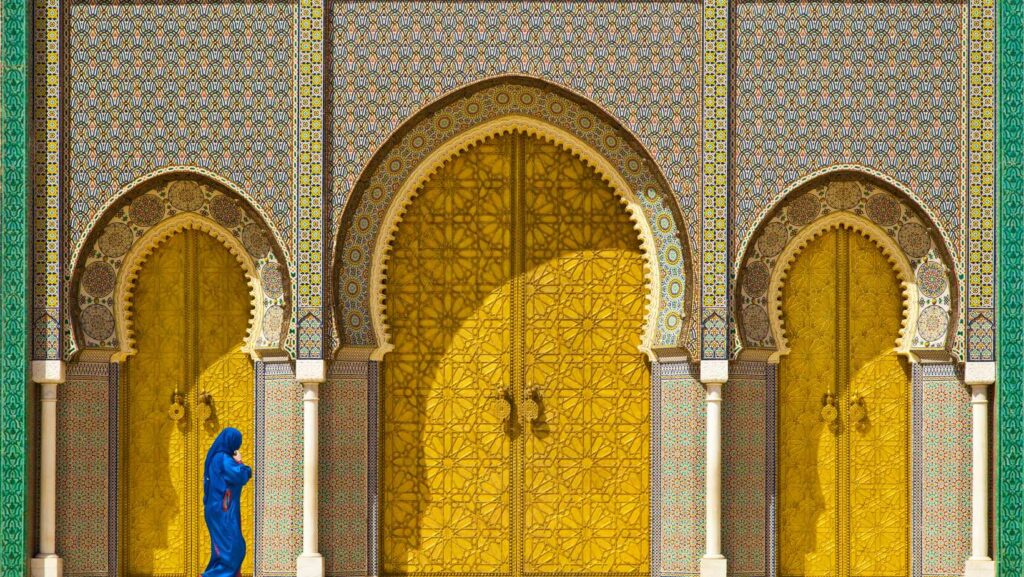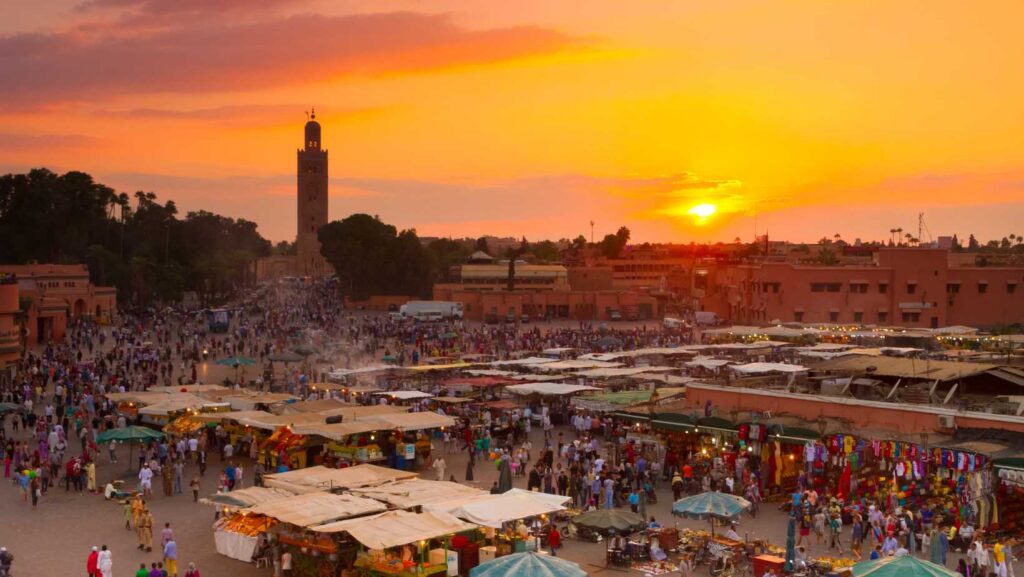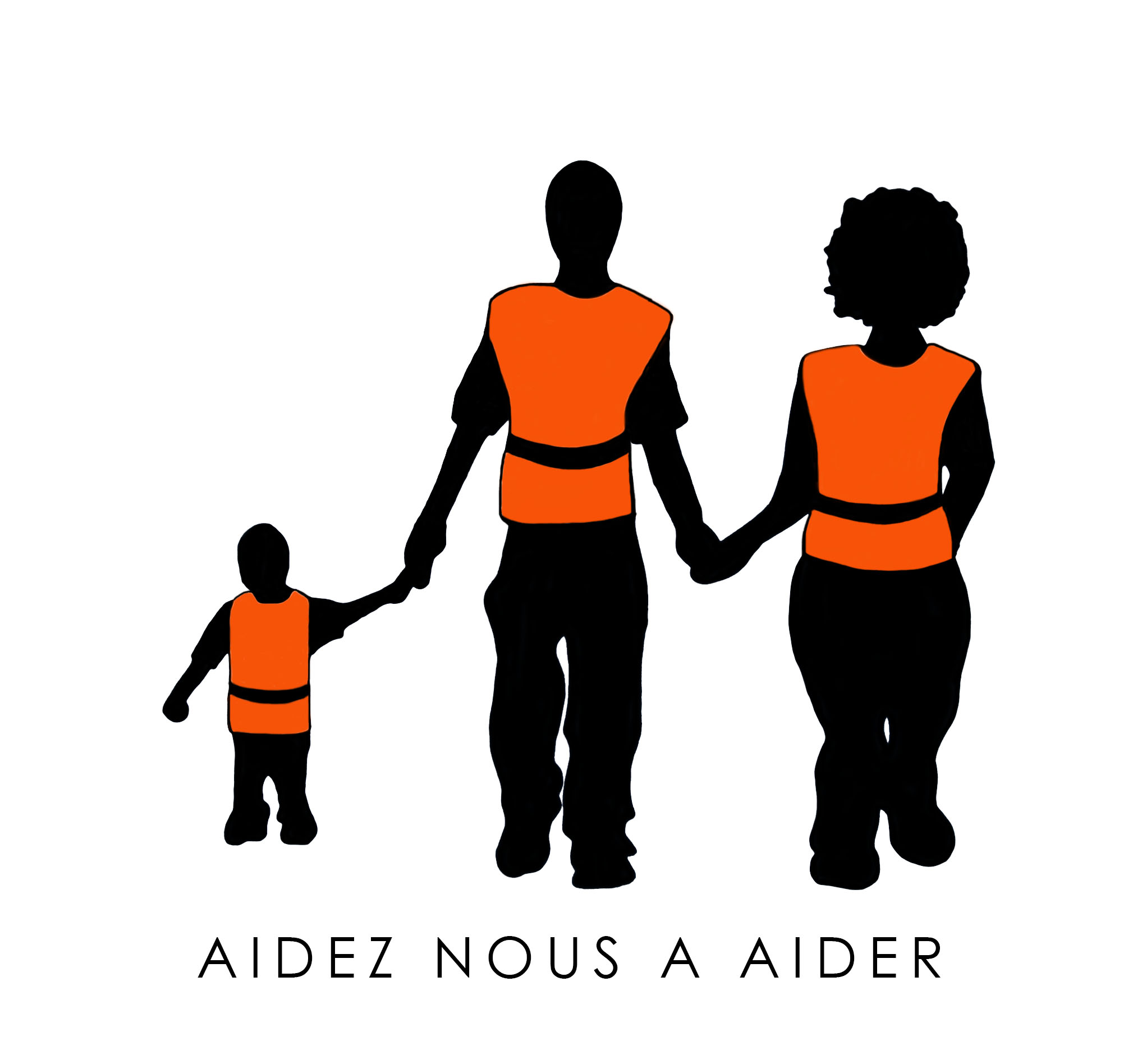As the global landscape of migration evolves, Morocco has emerged as a significant destination for individuals seeking new opportunities and refuge. Understanding the motivations behind the influx of people into Morocco requires a nuanced exploration of various factors, encompassing economic, political, environmental, and demographic dimensions. This article aims to unravel the complexities of why people are migrating to Morocco, shedding light on the interconnected nature of these factors and their relevance within the broader context of Migration in Africa.
Morocco’s economic appeal and strategic positioning have turned it into a magnet for economic migrants from neighboring African countries, highlighting the broader patterns of African migration. The nation’s flourishing economy, marked by sustained growth and diversification, serves as a beacon of opportunity for individuals and families aspiring to enhance their livelihoods. The commitment to providing better job prospects and elevated living standards acts as a compelling force, resulting in a continuous influx of migrants toward Morocco’s shores.
An integral aspect of this migratory trend is the phenomenon of rural-to-urban migration. Families and individuals, often hailing from agrarian backgrounds, find themselves drawn to the allure of urban opportunities, economic growth, and the chance to participate in the evolving Moroccan society. This internal migration trend aligns with broader patterns observed across the African continent, where populations increasingly gravitate towards urban centers in search of diverse economic prospects and a higher quality of life.

Morocco’s magnetic appeal serves as a focal point for the broader pattern of African migration. It functions not only as a destination but also as a transit point for migrants navigating within the continent. The interconnected nature of these migration patterns underscores Morocco’s significance within the African narrative, emerging as a crossroads for diverse individuals navigating the complexities of economic mobility.
In essence, Morocco’s attractiveness to economic migrants stands as a testament to the transformative power of economic growth and urban development. As the nation positions itself as an economic hub with promising opportunities, it not only stimulates its growth but also contributes to the evolving narrative of African migration. The interplay of economic incentives, urbanization dynamics, and the pursuit of improved living standards converge in Morocco, shaping it into a destination that holds both promise and potential for those seeking a better future.
In stark contrast to regions grappling with political turmoil, Morocco emerges as a haven of relative political stability, a characteristic that significantly contributes to its prominence in the context of African migration. The country’s commitment to stable governance and proactive efforts in fostering social cohesion make it an exceptionally attractive destination for individuals and families seeking refuge from the pervasive challenges of political instability and conflict.
Morocco’s political landscape stands as a testament to the effectiveness of its governance structures in maintaining stability. The nation’s proactive initiatives, ranging from diplomatic endeavors to domestic policies, play a crucial role in creating an environment that is conducive to peace and social harmony. This stability acts as a gravitational force, drawing in those seeking respite from the tumultuous political scenarios experienced in various African nations.
The allure of Morocco as a destination for migrants is intricately tied to its reputation as a refuge from political uncertainties. The country’s commitment to providing a haven for those escaping conflict-ridden areas is reflected in the phenomenon of cross-border migration into Morocco. This migration dynamic is, in part, a strategic response to the pursuit of safety and stability amidst the tumultuous political landscapes faced by some African nations.
The interplay of these factors highlights Morocco’s role as a sanctuary for those seeking political refuge. The concept of cross-border migration into Morocco underscores the importance of political stability as a driving force in the broader narrative of African migration. It positions Morocco as not only an economic and cultural hub but also a geopolitical haven, contributing to the nation’s multifaceted appeal within the African continent.
In essence, Morocco’s distinction as a haven of political stability adds a layer of complexity to the motivations behind migration. As individuals and families navigate the intricate landscape of African migration, the relative political tranquility that Morocco offers becomes a compelling factor in their decision-making processes. This nuanced aspect reinforces the multifaceted nature of migration and emphasizes the need to consider geopolitical stability as a significant driver in understanding the patterns and dynamics within the broader spectrum of African migration.

The ominous shadow of climate change and pervasive environmental challenges cast a far-reaching impact across the African continent, compelling a wave of individuals to navigate towards alternative living conditions. This phenomenon has given rise to the emergence of environmental refugees, who, seeking sanctuary from the adverse effects of prolonged droughts and desertification, find solace in the diverse landscapes of Morocco.
Morocco, with its varied terrain and ecosystems, assumes a role as a destination for those displaced by the unforgiving consequences of climate change. As environmental stressors disrupt traditional ways of life, individuals experiencing the brunt of these changes often turn to migration as a coping strategy. In the broader context of African migration patterns, Morocco stands out as a refuge for those grappling with the environmental fallout of these challenges.
Human mobility within African countries takes on a distinctive hue as individuals embark on a journey to Morocco in search of respite from the environmental stressors that have upended their lives. The interconnected narrative of migration in Africa encompasses not only economic, political, and demographic motivations but also environmental factors that drive individuals to seek sanctuary in regions with more favorable ecological conditions.
In the intricate web of migration dynamics, the environmental exodus towards Morocco exemplifies the adaptive response of communities facing the brunt of climate change. This migration phenomenon aligns with the broader theme of human mobility in African countries, showcasing the complex interplay of factors influencing the movement of populations within the continent.
The multifaceted nature of this migration is underscored by the intricate tapestry of keywords woven into the narrative. Morocco, in becoming a haven for environmental refugees, intersects with the broader discourse on African economic opportunities, sustainable development, and the root causes of migration. The country’s role in accommodating those displaced by environmental stressors emphasizes the need for regional cooperation on migration and the importance of fostering social resilience in the face of complex challenges.
In essence, the migration to Morocco prompted by climate change and environmental challenges is a testament to the intricate interplay of factors shaping the movement of people within Africa. As individuals seek refuge from the environmental specter haunting their homelands, Morocco stands as a destination offering a blend of ecological diversity and potential economic opportunities, contributing to the evolving narrative of migration in the African context.
The rapid urbanization sweeping across Africa has become a transformative force, giving rise to significant demographic pressures that manifest as a competition for resources in diverse regions. This phenomenon becomes particularly pronounced in the context of Morocco, where urban centers emerge as beacons of promise, offering the prospect of an enhanced quality of life. This dynamic prompts a noteworthy pattern of internal displacement, with individuals and families choosing to migrate towards these burgeoning urban hubs in search of better opportunities and improved living conditions.
Morocco’s urban landscape, characterized by growth and development, stands as a testament to the allure of its cities as hubs of promise. The promise of economic opportunities, improved infrastructure, and an elevated standard of living acts as a compelling force, drawing individuals from various regions to participate in and contribute to the evolving urban dynamism. This migration trend underscores the broader theme of African diaspora, where communities establish roots beyond their home countries, reflecting the multifaceted nature of migration across the continent.
Within the intricate tapestry of migration in Africa, Morocco’s urban centers play a crucial role in shaping demographic shifts. The internal displacement of populations, as individuals move from rural areas to urban locales, is both a response to the opportunities presented by urbanization and a reflection of the demographic pressures experienced in their original regions. This migration dynamic aligns with the broader narrative of African diaspora, emphasizing the interconnectedness of communities and the adaptive strategies adopted in the face of evolving socio-economic landscapes.
The competition for resources and the pursuit of a better life within Morocco’s urban centers are integral components of this demographic shift. The demographic pressures in Africa, fueled by population growth and urbanization trends, underscore the need for individuals to seek alternative environments where opportunities align with their aspirations. This internal migration towards urban hubs becomes a pivotal aspect of the broader theme of African diaspora, as communities reestablish themselves in new environments, contributing to the cultural and economic tapestry of the nation.
In essence, the migration towards Morocco’s urban centers reflects the transformative impact of rapid urbanization and the demographic pressures experienced across Africa. This internal displacement contributes to the narrative of the African diaspora, encapsulating the diverse motivations and adaptive strategies of individuals and communities as they navigate the evolving landscapes of opportunity.
The migration patterns to Morocco represent a complex interplay of economic, political, environmental, and demographic factors. As individuals and families seek new opportunities and refuge, Morocco stands as a dynamic hub within the broader context of Migration in Africa. Acknowledging the multifaceted nature of these drivers is essential for policymakers, organizations, and researchers aiming to address the challenges and opportunities associated with migration to Morocco. By understanding the root causes and dynamics, stakeholders can work towards fostering inclusive growth, social resilience, and harmonious coexistence of diverse communities in this North African nation.

